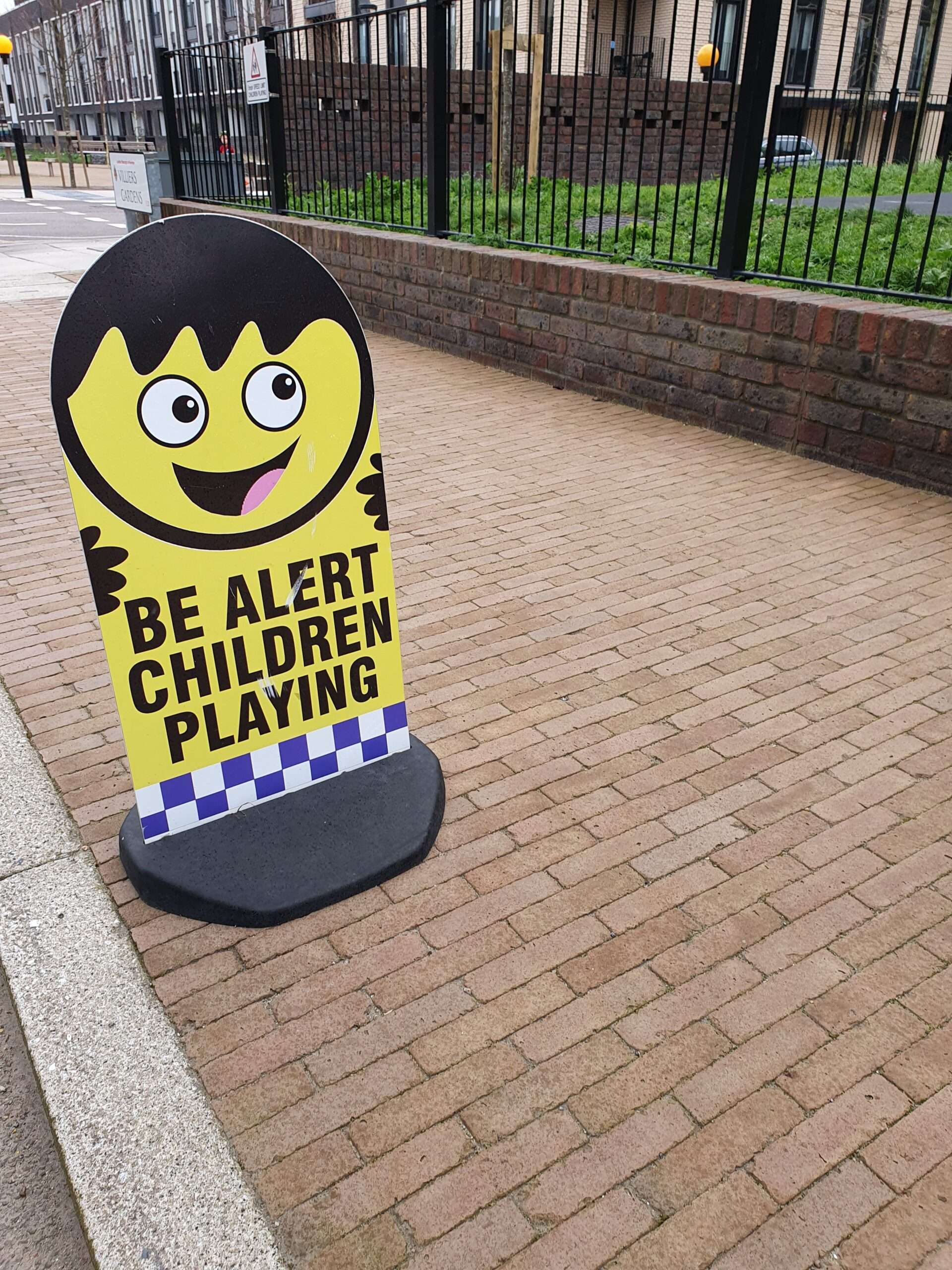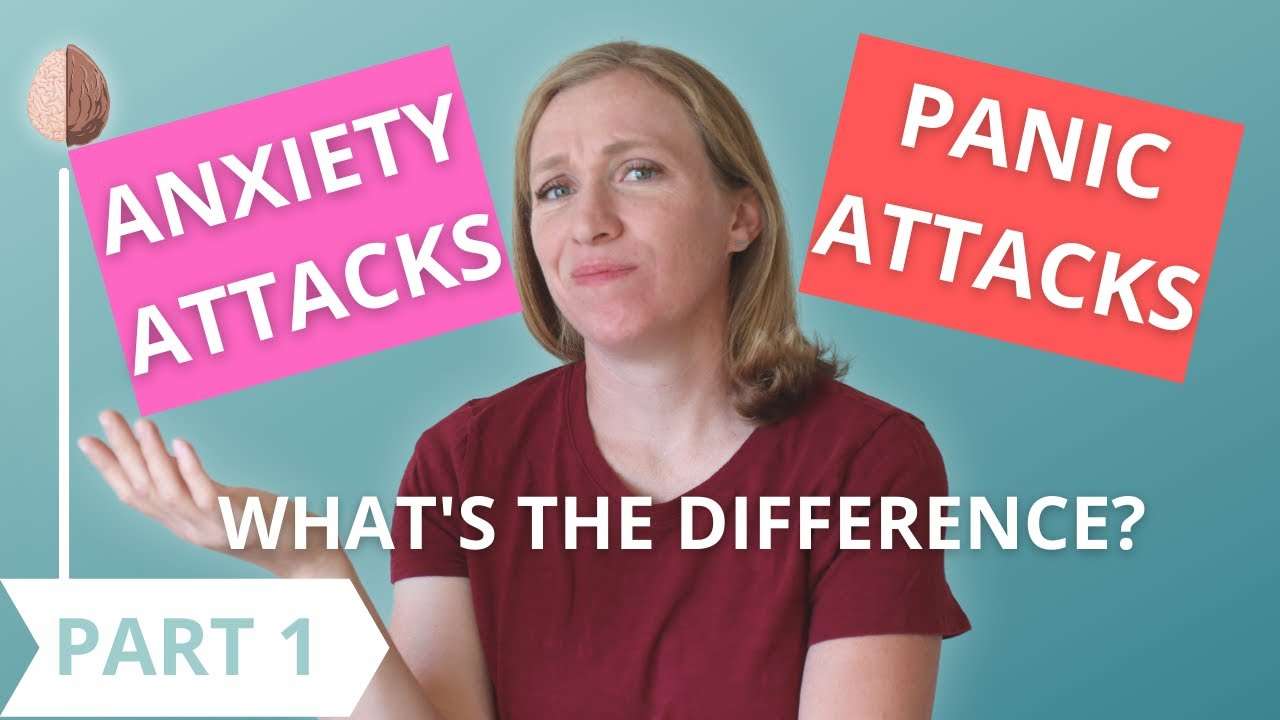What is health anxiety?
If you have health anxiety, you might find yourself:

You can develop health anxiety whether you are healthy, or you have a diagnosed medical condition. You can be diagnosed with health anxiety if your symptoms have persisted for at least six months and have caused you significant distress, or have negatively affected your daily life [1].
What is it like to have health anxiety?
When you have health anxiety, concern about your health seriously affects your life, getting in the way of important relationships or things that you enjoy. Samantha’s story illustrates what health anxiety can feel like.
Samantha’s fear that she would have a stroke
I was in my early twenties and had a job as a kitchen worker when I developed a condition called pulsatile tinnitus, which meant that I could hear blood ‘whooshing’ in a vein in my ear. I used to worry that this sound meant I was about to have a stroke and die. I was really frightened, so I paid a lot of attention to it and tried not to make it worse. I didn’t exercise or do anything to raise my heart rate because it made the sound louder, and I refused to travel more than a few miles from the local hospital, preferring to stay with my boyfriend or parents in case I needed medical help. I did ask doctors about it, but after a lot of tests – and lots of my own research on the Internet – I felt they didn’t understand how serious the risk was. I tried a lot of other therapies like acupuncture and homeopathy, but nothing seemed to help very much.

Do you struggle with health anxiety?
Health anxiety should only be diagnosed by a mental health professional or a doctor. However, answering the screening questions below can give you an idea of whether you might find it helpful to have a professional assessment.
Are you concerned that you might have a serious illness or disease that doctors have not found? Never Occasionally Much of my time Most of my timeHow much time do you spend worrying about your health? Never Occasionally Much of my time Most of my timeHow often are you afraid that you have a serious illness? Never Occasionally Much of my time Most of my timeHow relieved do you feel when a doctor tells you there is nothing wrong? Initially relieved Initially relieved, but worries return later Initially relieved, but worries always return Not relievedI have difficulty taking my mind off things about my health. Not at all A little bit Quite a lot Very much
The questions above can’t provide a definitive diagnosis, but if you ticked the rightmost box to lots of these questions, you might be suffering from health anxiety.

What causes health anxiety?
There is no single cause for health anxiety. When thinking about the causes of problems psychologists often separate vulnerabilities (things that make you more likely to develop a problem) from triggers (things that make a problem begin).
Vulnerabilities to health anxiety
Some people are more vulnerable than others to becoming anxious about their health. Things that can make you more likely to experience health anxiety include:
- Personality traits.
- Life experiences.
- How much you pay attention to your body, and to illness.
There may be genes which make you more likely to develop emotional problems in general, but no specific genes which make you more likely to develop health anxiety.
Triggers for health anxiety
Not everyone who is vulnerable goes on to develop health anxiety. It can develop gradually, but might be triggered by:

What keeps health anxiety going?
Research studies have shown that Cognitive Behavioral Therapy (CBT) is one of the most effective psychological therapies for health anxiety. CBT therapists work a bit like firefighters: while the fire is burning they’re not so interested in what caused it, but are more focused on what is keeping it going, and what they can do to put it out. This is because by working out what keeps a problem going, they can treat the problem by ‘removing the fuel’ and interrupting this maintaining cycle. Some of the things that psychologists think are important in keeping health anxiety going are:

Treatments for health anxiety
Psychological treatments for health anxiety
Psychological treatments for health anxiety which have good research support include Cognitive Behavioral Therapy (CBT) [2] and Acceptance and Commitment Therapy (ACT) [3].
CBT is a popular form of talking therapy. CBT therapists understand that what we think and do affects the way we feel. Unlike some other therapies, it is often quite structured. After talking things through so that they can understand your problem, you can expect your therapist to set goals with you so that you both know what you are working towards. At the start of most sessions you will set an agenda together so that you have agreed what that session will concentrate on. CBT treatment for health anxiety will involve some of the following ‘ingredients’:
- Thinking about the costs and benefits of change.
- Understanding more about the normal range of bodily feelings that most people experience.
- Considering different interpretations for your experiences (sometimes referred to as ‘Theory A’ and ‘Theory B’)
- Testing your beliefs with behavioral experiments.
- Working with your thoughts and images.
- Experimenting with what happens when you reduce how often you check and seek reassurance.
- Experimenting with what happens when you don’t use safety behaviors.
- Deliberately exposing yourself to your worries.
Medical treatments for health anxiety
There is a small amount of evidence that medication can be helpful for reducing the symptoms of health anxiety. These include clomipramine, imipramine, fluoxetine, fluvoxamine, paroxetine, and nefazodone [4]. The effectiveness of medical treatments appears to be smaller than for cognitive behavioral therapy [5].

References
- American Psychiatric Association. (2013). Diagnostic and statistical manual of mental disorders (DSM-5®). American Psychiatric Pub.
- Cooper, K., Gregory, J. D., Walker, I., Lambe, S., & Salkovskis, P. M. (2017). Cognitive behaviour therapy for health anxiety: a systematic review and meta-analysis. Behavioural and Cognitive Psychotherapy, 45(2), 110-123.
- Eilenberg, T., Fink, P., Jensen, J. S., Rief, W., & Frostholm, L. (2016). Acceptance and commitment group therapy (ACT-G) for health anxiety: a randomized controlled trial. Psychological Medicine, 46(1), 103-115.
- Taylor, S., & Asmundson, G. J. (2004). Treating health anxiety: A cognitive-behavioral approach.Guilford Press.
- Taylor, S., Asmundson, G. J., & Coons, M. J. (2005). Current directions in the treatment of hypochondriasis. Journal of Cognitive Psychotherapy, 19(3), 285.
About this article
This article was written by Dr Matthew Whalley and Dr Hardeep Kaur, both clinical psychologists. It was last reviewed on 2021/12/08.
Everyone is anxious right now and frankly, why wouldn’t we be?
But it’s worth remembering that humans are constantly anxious. Here are five reasons why, followed by five ACT-based techniques to handle anxiety like a human being.
Five Reasons Why We’re Constantly Anxious
1. We’re programmed to see the bear
Imagine your ancestor saw a strange blob on the horizon and turned to a friend and said…
‘Is that a bear or a blueberry bush’?
The optimistic friend said ‘it’s a blueberry bush’ and skipped merrily over, but your anxious ancestor hung back, fearing a bear.
Even if the optimistic friend was right and got a nice lunch, it would have only taken one error for them to be a nice lunch. Meanwhile your pessimist ancestor missed lunch, but lived to pass on their anxious genes (to you)…
2. The double-edged sword
Humanity’s special weapon doesn’t look like much, but since developing language we have been able to communicate risks verbally and then plan ahead to solve them.
This is an incredible tool for solving problems but it is a double-edge sword, which means we can create anxiety at any given moment.
As a result we are the only species that can sit on a beach in Tahiti with a fruity cocktail and STILL be anxious that maybe we drink too much, or that our choice of hatwear is a little last season.
3. Media and social media
I just did an experiment – by looking at the news for 1 minute I found stories not only about Corona, but also animal cruelty, climate change and the certainty of global recession.
We have created a world with unparalleled riches, but also unlimited access to worrying news. So remember the golden law…
4. Uncertainty
Many of us can handle bad news if we know how to respond to it. But uncertainty – will I catch this virus, will my family – is especially anxiety producing because the fact is WE DON’T KNOW. And your mind would prefer anything to not knowing.

However, this is where the story gets really anxiety inducing interesting.
5. We try to control it
Despite anxiety being an inevitable part of being human, many people see it as something to be avoided or controlled.
The problem is, we can’t avoid or control anxiety.
Imagine I put a gun to your head and tell you not to feel anxious. Could you do it?

By seeing anxiety as something we can control or need to avoid, we set ourselves up to become anxious about our anxiety.
This leads us to try and avoid anxiety by avoiding the things that make us feel anxious.
If this becomes a behavioural pattern it means we start organising our lives around avoiding anxiety rather than the things that make life meaningful. This is called experiential avoidance, – a significant factor in many forms of mental distress because it both diminishes our lives in the short term and makes anxiety worse in the long term.
Five ACT-Based Ideas to Deal with Anxiety
1. Make a plan
Worrying about the future is not the same as deciding what to do. And while your plan isn’t going to be perfect, you are never helpless.
So work out what’s in your control and then make a plan to manage the risks as you see them. Inform yourself of the facts, but no more. Try to limit exposure to armchair experts on social media.
That said, however good your plan is don’t expect it to free you from anxiety (because that’s impossible). So you will need to learn how to…
2. Drop the rope
The problem with anxiety is that the harder we try to avoid it, the stronger it becomes.
It’s like being in a tug of war with some huge monster. You are pulling with all your might because in between you and the monster is a huge, bottomless pit. You are spending all your energy pulling because you are sure if you lose you’ll be pulled into the pit.

But the harder you pull the harder the monster pulls.
What’s the best thing to do?
Well your mind will tell you to keep pulling harder. But the monster never seems to tire.
What’s the alternative? DROP THE ROPE!

3. Pivot Towards What Matters
Anxiety is the price we pay for caring about something. This means we can pivot our attention to focus on whatever that thing is for you.
Mark Freeman talks here about pivoting away from the fear that we are going to lose a family member.
My anxiety mostly relates to my young family, because I want to protect and care for them. I realise I can’t protect them completely which makes me anxious, but I can do some things. My pivots include challenging cars which speed past our house (we live opposite a playground and yes, I literally run after them), lobbying the council to install speed bumps (they did), and buying this handsome sign.

If you feel anxious about Corona Virus, identify what matters to you in this situation. How could you pivot towards that, and do something meaningful in the service of what really matters to you, even when you’re feeling anxious?
4. Practice Self-Compassion
In this video Steve Hayes explains a great exercise to view anxiety from a stance of self-compassion. Self-compassion is a key technique for depowering anxiety and changing our relationship to it:
5. Further resources
My favourite resources on this topic are:
For families
- A new book for children on Coronavirus written by Elizabeth Jenner, Kate Wilson & Nia Roberts (and illustrated by Alex Schleffer of Gruffalo fame)
- Heroes in your home – this is a great article written by some top psychologists about evidence-based ways to promote cooperation in the home, ensure safety, and most importantly, have fun as a family. Heroes in Your Home BRIEF (002)
I will update this list regularly – feel free to suggest ideas in the comments.
Rate this:
Share this:
Like this:
Like
Loading…



